Legal Trends in the Private Equity Industry (November 2024/Issue 81)
Legal service updates of the
State-owned Assets Fund Research Center
Dacheng Shanghai State-owned Assets Fund Research Center was approved and established. The center is composed of more than 20 lawyers who have long served government-guided funds, state-owned fund of funds, state-owned fund managers, insurance funds and other state-owned LPs. Yang Chunbao, director of the capital market department, serves as the director of the center, Di Chaoping and Chen Qian serve as deputy directors and secretary-general respectively.
Yang Chunbao’s legal team assisted a government-guided fund in establishing an embodied intelligence industry fund.
The team of lawyers Yang Chunbao and Ju Heng assisted a medical device company in Suzhou in successfully completing a targeted capital reduction to private equity fund investors.
Zhang Zhanmin’s legal team conducted due diligence on new energy projects on behalf of a national fund.
Various announcements
and notices of the association
The Asset Management Association of China (hereinafter referred to as the "Association") issued a solemn statement on November 8, 2024, stating that the Association has recently discovered that illegal intermediary institutions and practitioners such as "Ningben Consulting" have disregarded professional ethics and legal bottom lines and carried out illegal businesses such as personnel affiliation. The Association solemnly declares as follows: The Association has "zero tolerance" for falsification of registration and filing materials. Once discovered, it will be dealt with seriously. The Association will take corresponding self-discipline management or disciplinary measures against the relevant institutions and personnel involved in accordance with the "Private Investment Fund Registration and Filing Measures" ("Registration and Filing Measures"); The Association will strictly investigate and severely crack down on the behavior of illegally cooperating with intermediary institutions to handle registration and filing business; The Association will continue to track and focus on professional affiliation personnel who cooperate with illegal intermediary institutions.
The association issued an announcement on November 15, 2024 stating that two institutions, including Shenzhen Guofuyuan Private Equity Fund Management Co., Ltd., could not continue to meet the manager registration requirements, and the association would cancel the private equity fund manager registration of the above two institutions.
The association issued an announcement on November 22, 2024, stating that 13 private equity fund managers including Shenzhen Taizhi Private Equity Investment Fund Co., Ltd. had abnormal operating conditions and failed to submit special legal opinions in compliance with regulations within 3 months after the written notice was issued. The association will cancel the private equity fund manager registration of the 13 institutions.
The association issued a notice on November 27, 2024 stating that from November 27, 2024, private equity fund managers who become members of the association before the third quarter of 2024 can review their third quarter 2024 credit information reports through the association's asset management business comprehensive reporting platform.
The association issued an announcement on November 29, 2024, stating that the association was unable to effectively contact 13 private equity fund managers, including Beijing Fortune Freedom Investment Management Co., Ltd. The above-mentioned private equity fund managers shall submit a situation report through the AMBERS system within 5 working days from the date of the announcement. If it is not completed within the deadline, the association will be deemed to have lost contact, and it will be publicized in the column of lost contact institutions on the official website, and marked in the "Institutional Integrity Information" column. If it is still not completed after one month of the public announcement, the association will cancel its private equity fund manager registration in accordance with relevant regulations.
Regulatory developments
The Association released the
"Private Equity Fund Registration and Filing Dynamics (2024) Issue 2)》
On November 1, 2024, the Association released the "Private Fund Registration and Filing Dynamics (2024) No. 2" (hereinafter referred to as the "No. 2 Filing Dynamics"). The "No. 2 Filing Dynamics" summarizes three typical problems based on three cases: "Managers cannot continue to meet the requirements of the "Registration and Filing Measures", "Failure to perform change procedures with the Association in accordance with regulations after changes in industrial and commercial information", and "Non-real capital contribution filing of 'shell funds'". In Case 1, Manager A completed the manager registration in 2016. Currently, the number of employees is less than 5, there are large receivables in the financial statements, and the net assets are negative. Manager A recently submitted a new fund filing application. The Association believes that Manager A does not meet the basic operating requirements such as good financial status and no less than 5 full-time employees. According to the relevant provisions of the "Registration and Filing Measures", Manager A is required to make corrections within a time limit, suspend the relevant fund filing, and handle the fund filing in the future according to the rectification situation. In Case 2, Manager B failed to perform the change procedures with the Association after major changes such as actual controllers, legal representatives, and senior management personnel, and did not specially remind investors of the relevant risks. According to the relevant provisions of the "Registration and Filing Measures", the Association requires Manager B to first complete the change procedures, suspend the relevant fund filing, and then handle the fund filing according to its rectification situation. In Case 3, Manager C cooperated with institutional investor D to file multiple "shell funds" for the purpose of circumventing the filing rules. In the early stage, the Association has clearly prohibited the "shell fund" behavior, but Manager C still frequently files "shell funds". According to the provisions of the "Guidelines for the Operation of Private Securities Investment Funds", the Association requires Manager C to clean up the "shell funds" that have not been truly raised within a time limit, and take self-discipline measures such as conversation reminders and written warnings against Manager C. In addition, the Association reported the situation of institutional investor D cooperating in the establishment of a "shell fund" to the relevant regulatory authorities.
Industry News
According to the statistics of MAX, a private equity fund under Zero2IPO, there were 311 investment, listing and M&A events from November 2, 2024 to November 29, 2024, involving a total disclosed amount of RMB 76.466 billion. Among them, there were 187 investment events, of which 142 disclosed amount events, totaling RMB 25.718 billion; 107 M&A events, with a disclosed transaction amount of RMB 36.56 billion; a total of 17 companies went public, with a total financing amount of RMB 14.188 billion.
Typical Cases
The fund manager deliberately concealed the fact that the fund had no actual investment targets, seriously breached its most critical obligations and responsibilities under the fund contract, acted with subjective intent, and directly led to the total loss of investors' investment funds. The fund manager should bear liability for compensation for all losses of investors.
Case
Private equity contract dispute between Ji and a certain company
[(2024) Hu0115 Minchu 20298]
Main Facts
In March 2018, Company A and Company B signed a "Cooperation Agreement", stipulating that: Company A is the winning bidder for Project Z and intends to sign a government procurement contract with a county government, and Company B will provide relevant services for Project Z. The specific stipulations shall be subject to the specific contract signed by both parties. If Company A ultimately fails to sign a procurement contract with a county government, the "Cooperation Agreement" will terminate automatically, and neither party will bear liability for breach of contract. In the same month, Company C and Company B signed an "Accounts Receivable Profit Rights Transfer Agreement", stipulating that: Company C intends to establish the fund involved in the case to transfer Company B's account receivables profit rights of about 140 million yuan from Company A for Project Z, with a transfer price of 100 million yuan. In April 2018, Ji, as an investor, signed the Fund Contract with the fund manager Company C and the custodian involved in the case, stipulating that: the scope of investment of the fund involved in the case is to acquire the income rights of accounts receivable of Company B from Company A on Project Z; the risk control measures of the fund involved in the case include the face-to-face confirmation of the payment obligation of the accounts receivable by Company C to Company A, the signing of the entrusted construction and operation agreement between Company A and Company B, and the signing of the Transfer and Repurchase Agreement of the Income Rights of Accounts Receivable between Company C and Company B to stipulate the repurchase obligation of Company B; Company C shall prepare an annual report to disclose relevant information of the fund, and promptly notify investors when major events agreed in the contract that may affect the interests of fund investors occur. Later, Ji paid the investment funds to the fund raising account involved in the case. Afterwards, after the fund involved in the case was filed with the association, the raised funds were gradually transferred to Company B. In March 2019, Company C issued the 2018 Annual Management Report of the fund involved in the case, which stated the specific project construction status of the investment target. In the same month, Company C was interviewed by the custodian for failing to disclose relevant information to the custodian and investors of the fund involved in the case as agreed in the Fund Contract. In May 2019, Company C issued a notice on the repayment of the fund involved in the case, stating that Company B proposed to postpone the repurchase of the income rights of accounts receivable of the distributed photovoltaic power generation project, and issued an "Announcement" to publicize the delayed repayment plan of the fund involved in the case. Thereafter, the product situation statement submitted by Company C to the regulatory authorities stated that the fund involved in the case was in a postponed state and the project involved was under construction. In December 2019, several investors of the fund involved in the case sued Company C and its group company and the custodian of the fund involved in the case, and the court transferred the cases to the public security organs. Thereafter, the relevant criminal judgment determined that the two founders of Company C's group company committed the crime of fund-raising fraud. At the same time, because the relevant audit report confirmed that all the funds raised by the fund involved in the case entered the account of Company B, the criminal judgment did not determine that the fund involved in the case was suspected of committing a crime. Company B was subsequently deregistered in September 2021. Ji believed that Company C had failed to fulfill its duties and obligations as a manager of the fund in question, and asked the court to order Company C to compensate him for his investment and interest losses.
Referee's opinion
The most critical responsibility of a fund manager is to be responsible for the investment and operation of fund assets in accordance with the provisions of the fund contract. The fund manager should perform his duties conscientiously and fulfill the obligations of honesty, trustworthiness, prudence and diligence. However, the fund manager involved in the case did not fulfill the above responsibilities and obligations.
First, the investment direction of the fund involved in the case is "the sole transferee of B company's account receivable income rights for A company's project Z". The premise of the "account receivable income rights" is the implementation of the Z project, but the "Cooperation Agreement" signed by Company A and Company B stipulates that if Company A does not eventually sign a procurement contract with the government, the agreement will terminate automatically and neither party will be liable. After the court verified with Company A, the project described in the "Cooperation Agreement" was determined to be no longer carried out about one month after the signing of the agreement. Company A did not sign a relevant contract with the government, and the project was not actually implemented. Company C also had no evidence to prove that the Z project involved in the case was implemented normally after the "Cooperation Agreement". The factual basis for the fund involved in the case to invest in "account receivable income rights" does not exist.
Second, the Cooperation Agreement was signed in March 2018, and the fund involved in the case was established and registered with the association in May 2018, with a gap of nearly 2 months. According to the statement of Company A, it was confirmed that the project would no longer be carried out before the establishment of the fund involved in the case, and the manager should have known this. However, the fund involved in the case was still established normally and continued to instruct the custodian to transfer the fund raised to Company B until September 2018.
Third, even if it is impossible to determine that Project Z had been stopped before the establishment of the fund involved in the case based solely on the statement of Company A, the manager still seriously violated the important provisions of the Fund Contract on risk control measures involved in the case, including the manager's face-to-face confirmation of the payment obligation of the accounts receivable payer Company A on the accounts receivable, and the signing of the entrusted construction and operation agreement between Company A and Company B. According to the existing evidence, Project Z was not implemented, and the manager did not implement the above measures. During the existence of the fund, he should have known that there was no factual basis for the implementation of these measures.
Fourth, when the underlying projects of the fund involved in the case were not actually implemented, the manager not only did not disclose any core matters, but also made false records in the "2018 Annual Management Report" issued in March 2019, and did not truthfully inform the subsequent custodian during the interview. After issuing the redemption plan announcement in May 2019, the "Product Situation Statement" was provided to the regulatory authorities, still claiming that "the project involved in the case is under construction." The manager not only deliberately concealed the situation of the fund's investment targets, but also fabricated facts, and obviously had the intention to defraud.
In summary, the fund manager seriously violated its most critical obligations and responsibilities under the "Fund Contract" involved in the case, had subjective intent, and directly caused the client's total loss of investment funds, and should bear compensation liability for all losses of Ji. The fund involved in the case has no actual investment targets, the fund manager and its group companies are in an abnormal state of operation, the actual operators have committed criminal offenses and are detained, the underlying financing party B company has been cancelled, and the fund involved in the case has no basis for liquidation. There is no evidence to prove that Ji has ever obtained repayments under the fund involved in the case. The court determined that Ji's principal loss is all his investment. Regarding interest losses, civil compensation liability has the dual functions of making up for losses and deterring violations. In general, the former should be given priority, and punitive compensation should be given in special circumstances to deter violations. Combined with the degree of fault of the fund manager involved in the case, the court in this case believes that it is necessary to impose punitive compensation on him. In the end, the court supported Ji's lawsuit request that Company C compensate him for his investment and interest losses.
When an investor signs a blank risk assessment questionnaire or other suitability review material, it should be deemed that the investor clearly understands the content, and also indicates that the investor waives the right to verify the blank content and is willing to bear the legal consequences. This behavior should be regarded as a general authorization of the specific content of the relevant materials. If an investor claims that the manager has failed to fulfill its suitability obligations, the court will not accept it.
Case
Other contract disputes between Su and a certain company, etc.
[(2024) Hu0109 Minchu No. 824]
Main Facts
The fund involved in the case is a contractual private equity fund product sold by E Company. As the controlling shareholder of E Company, F Company voluntarily acts as a guarantor to provide a minimum return guarantee for the investment principal and income of the fund involved in the case issued by E Company. In April 2018, Su Mou signed the Fund Contract as Party A (fund unit holder), E Company as Party B (manager), and Bank 1 as Party C (custodian). The Fund Contract includes the Risk Disclosure Statement, the Qualified Investor Confirmation, the contract content and annexes. The Risk Disclosure Statement states that the manager does not promise that the investor's investment principal will not be lost or that the investor will obtain a minimum return. The Qualified Investor Confirmation Statement states that the investor confirms that he has fully understood and carefully assessed his own risk tolerance and is willing to bear the risks of investing in the fund. The Risk Disclosure Statement and the Qualified Investor Confirmation Statement are both signed by Su Mou in the "Investor" section. The Suitability Notice is composed of the Investor Basic Information Form, the Fund Investor Risk Assessment Questionnaire, the Investor Risk Assessment Result Confirmation, the Fund Risk Warning Letter, the Investor Risk Matching Notice and Investor Confirmation Letter, the Cooling-off Period Confirmation, and the Follow-up Confirmation. The investor signature column of the above materials is signed by Su. Later, Su transferred the money to the fund account involved in the case. In January 2019, Company E issued an announcement on the deferred redemption and distribution of the fund involved in the case. In October 2020, Company E issued an announcement on the liquidation of the fund involved in the case, stating that the fund involved in the case entered the liquidation procedure. As of the date of liquidation of the fund involved in the case, some of the underlying assets of the fund involved in the case could not be realized. In August 2021, Li, a non-party to the case, as another investor in the fund involved in the case, sued Company E, Company F, etc. in court for the investment losses caused by the fund involved in the case. The court ordered Company E to compensate Li for the loss of his investment funds, and Company F to bear joint and several liability for compensation. As of December 2021, Su received five liquidation payments in succession and faced investment losses. Su believed that the reason he purchased the product in question was due to the promise of principal and interest guarantee made by the sales staff of Company E, and confirmed that all the signatures in the Suitability Notice were signed by Su himself, but the rest of the content was not written by Su, and that the fund manager in question had breached the contract in terms of information disclosure, so he sued for compensation for investment principal losses and investment income.
Referee's opinion
Regarding whether Company E fulfilled its investor suitability obligations. Although Su said that the contents of the Suitability Notice were all blank when he signed, and except for the signature, the rest of the handwriting was not written by Su himself, he did not provide any evidence to prove it. Even if Su signed on a blank Suitability Notice, as a person with full civil capacity, he should know the legal significance of the signature. His act of signing on a blank Suitability Notice should be regarded as his clear understanding of the contents, and it also indicates that he waives the right to verify the blank contents and is willing to bear the legal consequences. This act should be regarded as a general authorization of the specific contents of the Suitability Notice. Therefore, the court in this case does not accept Su's claim.
Regarding whether Company E has breached the contract in terms of information disclosure and investment scope. The effective judgment of Li's case has determined that Company E has substantially breached its disclosure obligations, and exceeded the investment scope agreed in the contract in the management of the fund involved in the case, violating the manager's good faith and diligence obligations, and causing losses to investors. The court in this case confirms this and will not elaborate on it.
Whether Su can claim for loss compensation, and if so, how to determine the scope of compensation. The effective judgment of Li's case has determined that the investor's losses have actually occurred, and there is a considerable causal relationship between the illegal and breach of contract by E Company. The legal liability and compensation scope that E Company should bear were also determined in the judgment of Li's case, and the court in this case will not repeat them here. In this case, although E Company, as a manager, had serious faults in the fund management stage, Su was also at fault for unilaterally pursuing high returns, believing in the bottom-line promise, rashly paying the investment funds and cooperating with E Company to sign relevant documents without fully understanding the transaction content and transaction risks of the products he invested in. Therefore, he should bear 30% of the responsibility for his investment losses, and E Company should bear 70% of the responsibility for Su's investment losses. Regarding Su's claim for compensation for the investment principal and interest, the court comprehensively considered Su's actual losses and determined that Su's investment losses were the investment principal minus the repayments Su had received.
Regarding whether F Company bears joint and several liability for compensation to E Company. The effective judgment in the Li case has determined that F Company has made an irrevocable joint and several guarantee for the principal and income of the fund involved in the case, which is a case where the fund manager's closely related stakeholders make a rigid redemption commitment, which should be invalid. Therefore, F Company does not need to bear the guarantee liability, but should bear joint and several liability for the economic losses of the creditors of the Fund Contract with the debtor, namely E Company, and the same determination should be made in this case.
In the end, the court in this case ordered E Company to compensate Su for 70% of the investment principal loss, and F Company shall bear joint and several liability for this.







































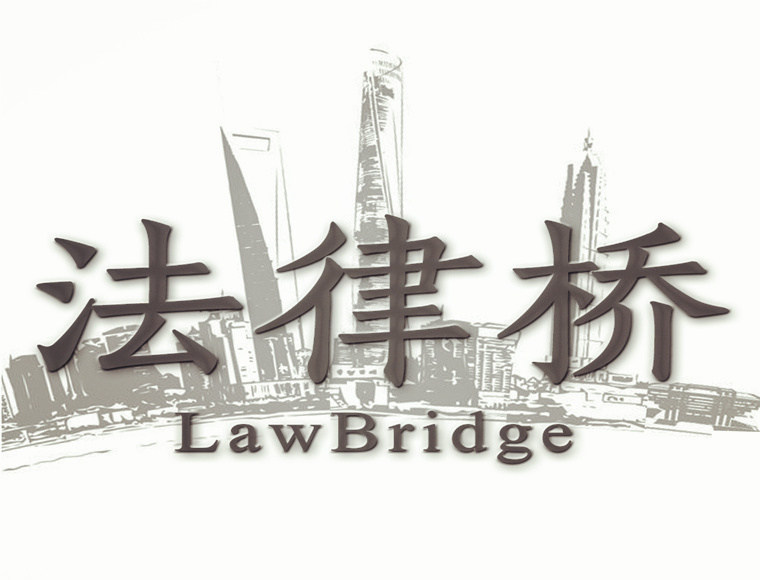
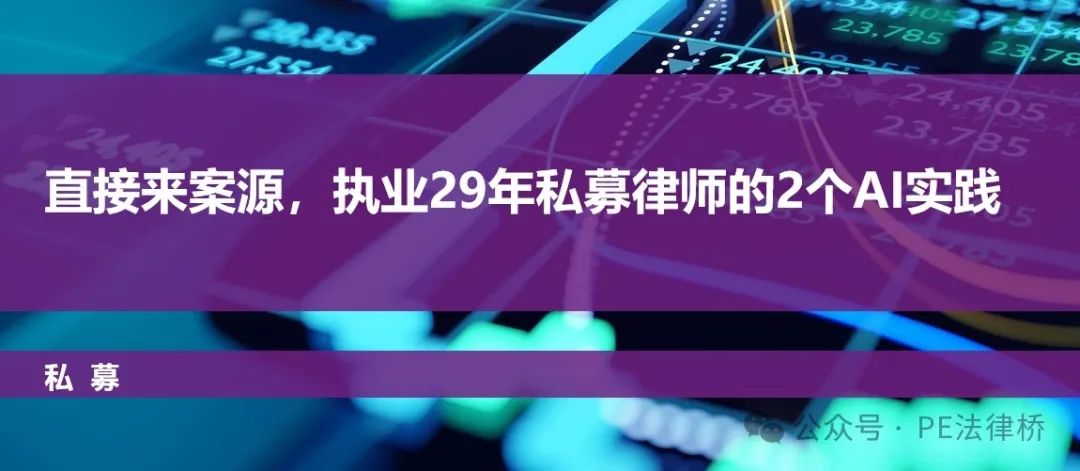
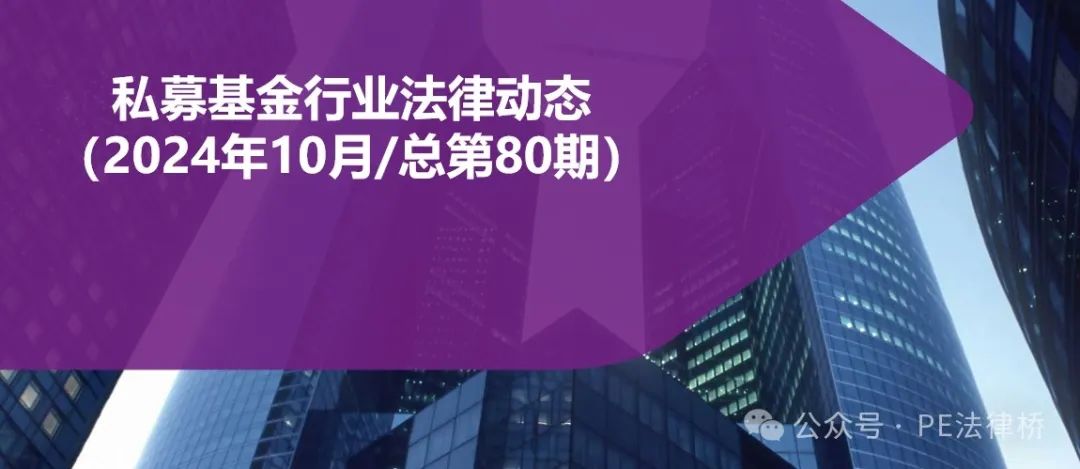
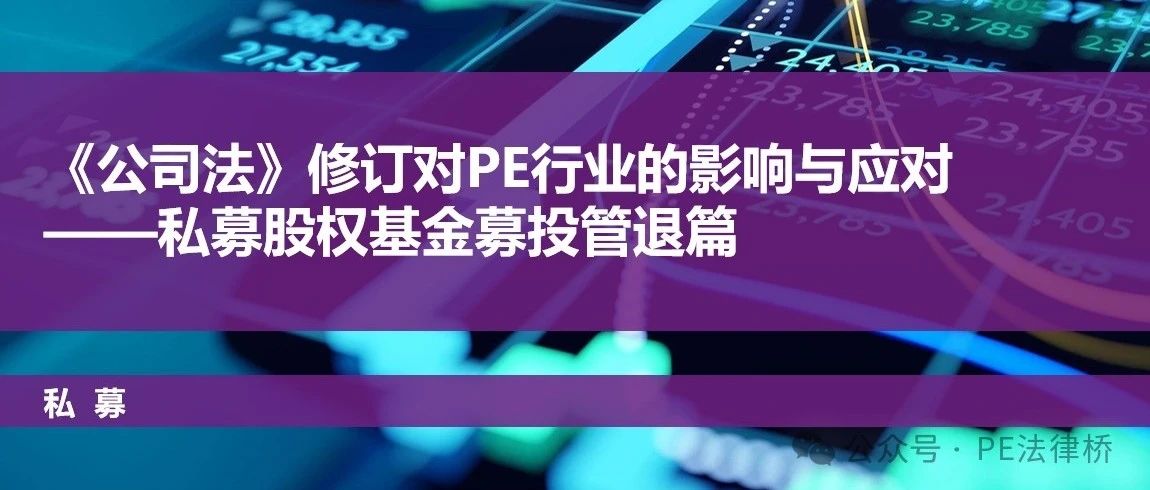
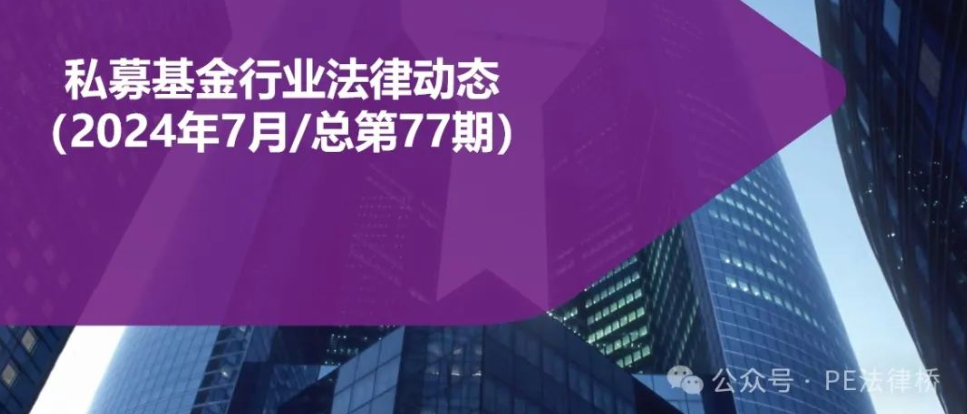










First, please LoginComment After ~